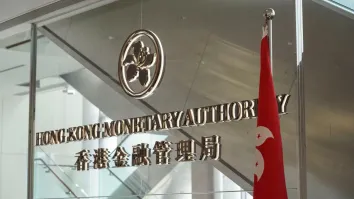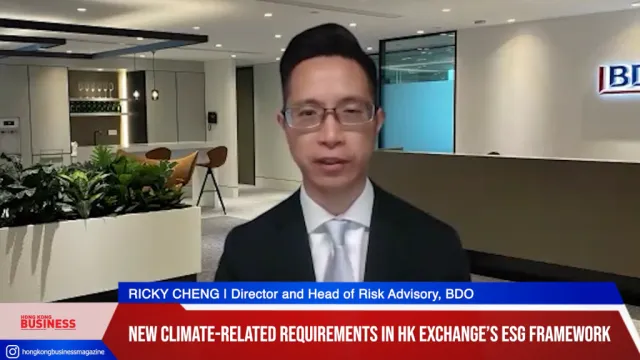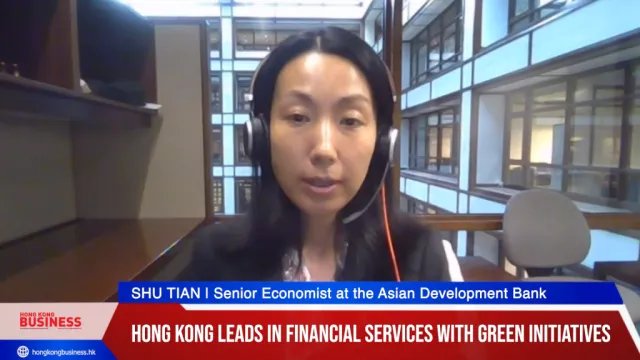
Hong Kong retains AA+ Fitch rating
Fitch Ratings has affirmed Hong Kong's Long-Term Foreign- and Local-Currency Issuer Default Ratings at AA+.
The outlooks are both stable while the country ceiling has also been affirmed at AAA, and the Short-Term Foreign-Currency IDR at F1+.
Hong Kong's sovereign creditworthiness is founded on its strong economic fundamentals, especially a flexible economy and robust public and external balances sheets.
Hong Kong' economy remains in good enough shape despite the impact of decelerating global trade. The supply-side flexibility of Hong Kong's real economy is a valuable buffer against shocks.
Fitch projects Hong Kong's real GDP to grow 1.2% in 2012 before rising to 3.7% in 2013.
The economic slowdown will, however, take a toll on Hong Kong. Fitch estimates that Hong Kong may still record a budget surplus of around 0.8% of GDP in FY2012-13 (end-March 2013), compared with 3.8% in FY2011-12.
Continuing budget surpluses will help preserve Hong Kong's large pool of fiscal reserves that stood at 33.4% of GDP this June. This is expected to provide robust support to the currency board arrangement and fiscal flexibility to absorb economic and financial shocks.
Hong Kong's external finances remain exceptionally strong, which provide the economy with a valuable buffer during periods of elevated global risk aversion. Hong Kong's net external credit position stood at over 280% of GDP in 2011, which is among the strongest in 'AA' and 'AAA' peers.
Hong Kong is likely to continue registering current account surpluses, which should help to maintain its position as a large exporter of capital. However, Hong Kong's current account surplus has been shrinking as it fell to 5.2% of GDP in 2011 from 13.4% in 2008. Fitch estimates it will decline to 3.5% for 2012.
Rising housing prices are stoking worries that Hong Kong could experience a repeat of the housing market collapse that occurred during the Asian financial crisis of 1997 to 2003.
Fitch considers Hong Kong banks' rapidly rising direct and indirect exposure to the mainland as a potentially bigger risk. Gross mainland China exposures stood at 26.4% of Hong Kong banking assets in June. Risks associated with Chinese lending such as lower transparency and corporate governance standards and collateral enforceability are more difficult to contain.



















 Advertise
Advertise






